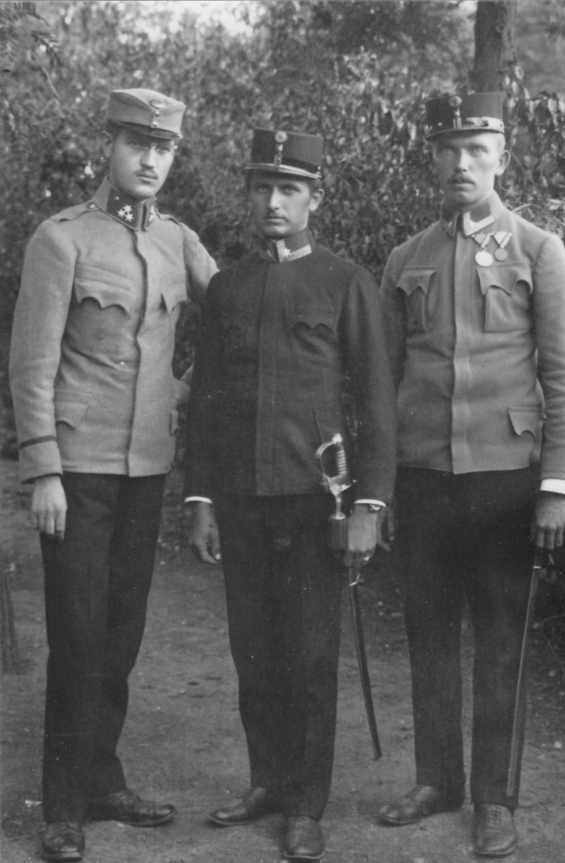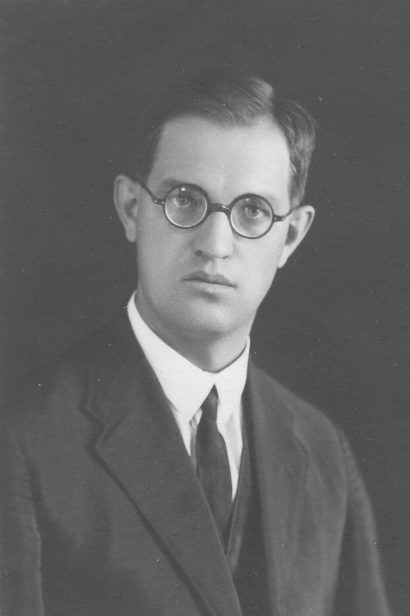František Hájek
August 20, 1892 – April 1945
![]()
František Hájek, ca. 1925 (private collection)
A Family in the Resistance
František Hájek grew up in Prague, where his father operated a tailor’s shop. After graduating from a college-preparatory high school, he spent six months in Paris. Afterwards he became a bookkeeper at a sugar factor in Libáň, northeast of Prague. In the First World War, he served in the Austro-Hungarian Habsburg army. He married in 1920. His son Miloš was born a year later, and his daughter Jarmila was born in 1926.
František Hájek was active in the Sokol national sports and gymnastics association and was a supporter of Tomáš Garrigue Masaryk, the founder and first president of Czechoslovakia. He was elected as a member of the Czechoslovak National Socialist Party to the municipal council of Úžice near Prague. After the partition of Czechoslovakia, the party was banned by the German occupation. František Hájek’s son Miloš was a member of an underground Communist resistance group and helped fabricate false identity papers for Jews. On August 21, 1944, Miloš was arrested and sentenced to death by a Special Court. His parents were also arrested in September 1944 for allowing a member of the resistance in hiding to spend the night in their home in Prague.

František Hájek (left) as an Austrian solider on the Italian front, ca. 1918 (private collection)
His wife Pavla was deported to the Ravensbrück concentration camp. František Hájek arrived at the Flossenbürg concentration camp on November 17, 1944. Two weeks later, the SS placed him on the first transport to the new Saal an der Donau subcamp. The prisoners were put to work excavating a tunnel for a subterranean aircraft factory. Conditions at the camp were deadly. Prisoners were forced to work 10 hours a day on starvation rations, and were initially housed in large burrows excavated from the ground. František Hájek contracted typhus and died a few days before the end of the war.
Although the end of the war came too late for František Hájek, it saved his son’s life. Miloš, who was awaiting execution in Prague, was released after liberation. In 1947, Pavla Hájková and her children finally received word of František Hájek’s death in a letter from a fellow prisoner.
